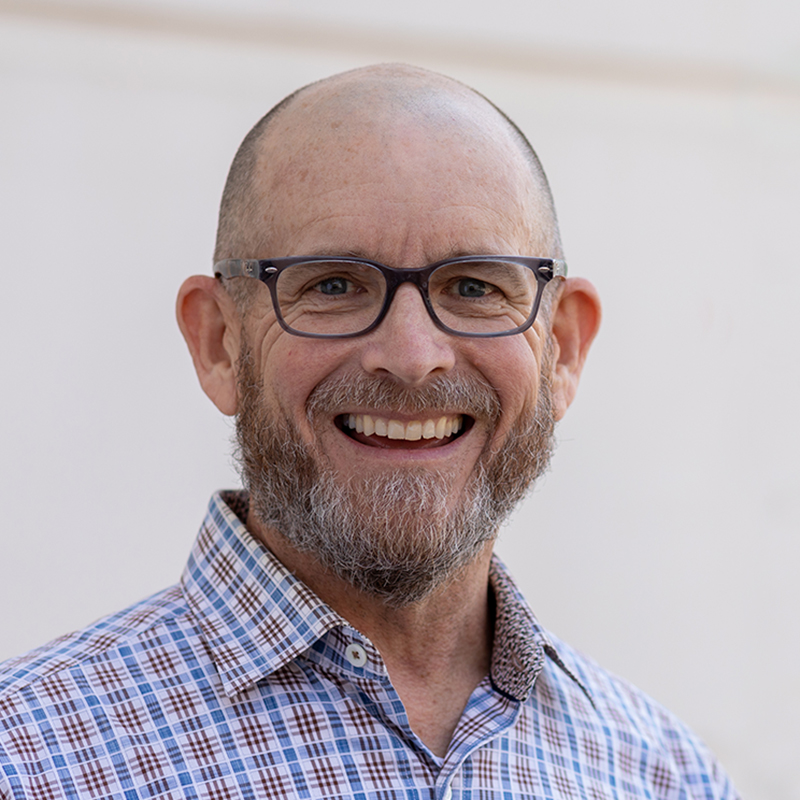The Arrival Fallacy

Many of us fall prey to the "arrival fallacy," believing that achieving a specific goal or milestone will bring lasting joy. This misconception can have profound implications, especially for individuals in high-pressure professions like law. The term "arrival fallacy" was first introduced by Harvard-trained psychologist Dr. Tal Ben-Shahar in his book Happier: Can You Learn to Be Happy? As a young elite squash player, Ben-Shahar believed that winning a match or tournament would bring him lasting happiness. Although he did experience a brief euphoria after a victory, this feeling quickly faded. Once the initial joy dissipated, he was left with stress, pressure, and a sense of emptiness.
Dr. Maya Pilin further delved into our ability to predict future emotions, discovering that our affective forecasting, our capacity to imagine how something will make us feel, is often inaccurate. This inaccuracy is concerning because predicting our future feelings is crucial for decision-making. Why are we so bad at predicting our happiness levels? Psychologists Timothy Wilson and Daniel Gilbert found that our predictions about future emotions are often flawed due to the impact bias. This bias leads us to overestimate both the duration and intensity of the positive emotions resulting from an event. We tend to overestimate the positive impact of achieving a goal and underestimate how other events or feelings may influence our emotions.
Lawyers often set ambitious goals: partnership, high-profile cases, financial success. While these goals are commendable, an excessive focus on the "arrival" can lead to several negative outcomes:
- Unrealistic Expectations: Overestimating the happiness boost from achieving a goal can lead to disappointment and burnout.
- Neglect of Present Happiness: Prioritizing future achievements can overshadow the joys of the present moment.
- Impaired Decision Making: The relentless pursuit of the "next big thing" can cloud judgment and lead to suboptimal choices.
- Increased Stress and Anxiety: Constant pressure to achieve can contribute to mental health issues.
To maintain a sense of fulfillment and avoid the anti-climax upon achieving your goals, it's essential to reframe your motivation. By making the process of achieving your goals as important as the result, you can sustain happiness and satisfaction throughout your journey. Here are three strategies to help you avoid the arrival fallacy:
1. Ditch the "When/Then" Happiness Projections
Saying "I will be happy when” puts unrealistic pressure on the goal to provide long-term happiness. This can lead to disappointment when the anticipated euphoria is short-lived. Instead, practice mindfulness by focusing on what currently brings you joy. Journal or meditate to identify and appreciate the positives in your life now. This proactive approach can enhance your well-being without relying solely on future achievements.
2. Focus on the Journey, Not Just the Outcome
Rather than pinning all your hopes on the final goal, find joy in the steps along the way. Relish the process of learning, networking with industry experts, crafting a compelling argument, delivering a powerful presentation, or solving complex legal problems. Embrace the growth and skills you develop, such as creativity and decision-making. This way, irrespective of the outcome, the journey itself becomes rewarding.
3. Celebrate Micro-Wins
Small victories can be powerful motivators. Scheduling a call with a new client, completing a draft of a legal brief, or achieving a personal milestone, like running a mile without stopping, can all serve as significant morale boosters. Celebrating these micro-wins helps you feel productive and happy, reducing the pressure on your main goal. This approach fosters sustainable happiness, providing ongoing satisfaction rather than fleeting moments of joy.



